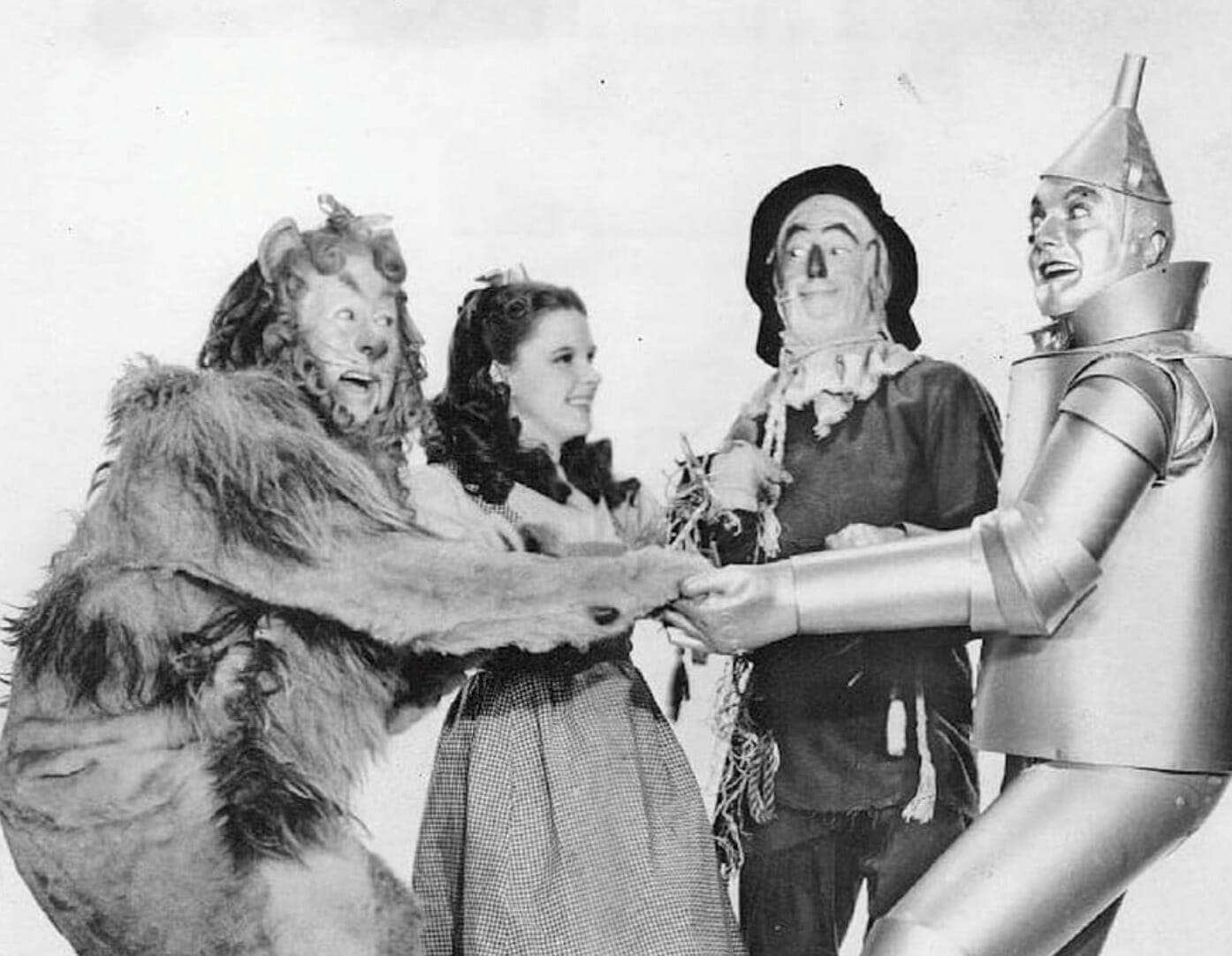Abortion coercion has plagued American women for decades, even during the illustrious era of old Hollywood.
While many may romanticize this time period, it's essential to acknowledge the pressure placed on leading actresses to undergo abortions due to pregnancy penalty clauses.
Here are five iconic actresses who were coerced into terminating their pregnancies:
1.
Ava Gardner:
Renowned for her beauty and roles in films like “The Killers” (1946) and “The Great Sinner” (1949), Gardner revealed her abortion experience in her autobiography, “Ava: My Story.”
She explained that she felt compelled to abort because the studio would cut off her salary, and her partner, Frank Sinatra, was financially struggling.
The studio arranged for her to fly to London, and the abortion was conducted discreetly.
2.
Dorothy Dandridge:
Dandridge, the first African American actress nominated for the Academy Award for Best Actress, is best remembered for her captivating performance in “Carmen Jones” (1954).
According to reports, her studio demanded she have an abortion in 1955 to protect their image, especially since the child was conceived with a white film director.
3.
Judy Garland:
Adored for her role as Dorothy in “The Wizard of Oz,” Garland tragically underwent an abortion forced upon her by both her studio and her mother.
They believed maintaining her childlike figure was crucial for her career, despite Garland's desire to continue the pregnancy.
She later faced another coerced abortion facilitated by the studio.
4.
Marilyn Monroe:
Monroe, immortalized in Elton John's song “Candle in The Wind,” faced immense pressure to undergo an abortion, which haunted her deeply.
She even experienced fantasies about her deceased child.
Kristi Hamrick, Chief Media and Policy Strategist of Students for Life of America, highlighted this in an op-ed following the release of the film “Blonde,” emphasizing that the absence of a baby didn't eradicate the pain and problems associated with abortion.
5.
Bette Davis:
Famous for her roles in films such as “Of Human Bondage” (1934) and “Death on the Nile” (1978), Davis believed she had to undergo an abortion due to industry pressures.
She thought having children would hinder her career.
However, ironically, when she eventually became a mother, she realized she could balance both her acting career and motherhood.
Regrettably, the trend of abortion coercion persists today.
Women in the entertainment industry continue to report instances of coercion, like former Pussycat Dolls singer Kaya Jones.
Tragic stories, such as the untimely death of Olympian Tori Bowie, who concealed her eight-month pregnancy, shed light on the hostile treatment pregnant women face within the industry.
This issue extends beyond the realms of Hollywood.
Numerous studies reveal that nearly 70% of post-abortive women felt coerced, pressured, or conflicted about their decision, which contradicts the notion of abortion being a woman's “choice.”
It is vital to confront the reality that many women feel they never truly had a choice and that they would not have chosen to end their child's life if given alternatives.































